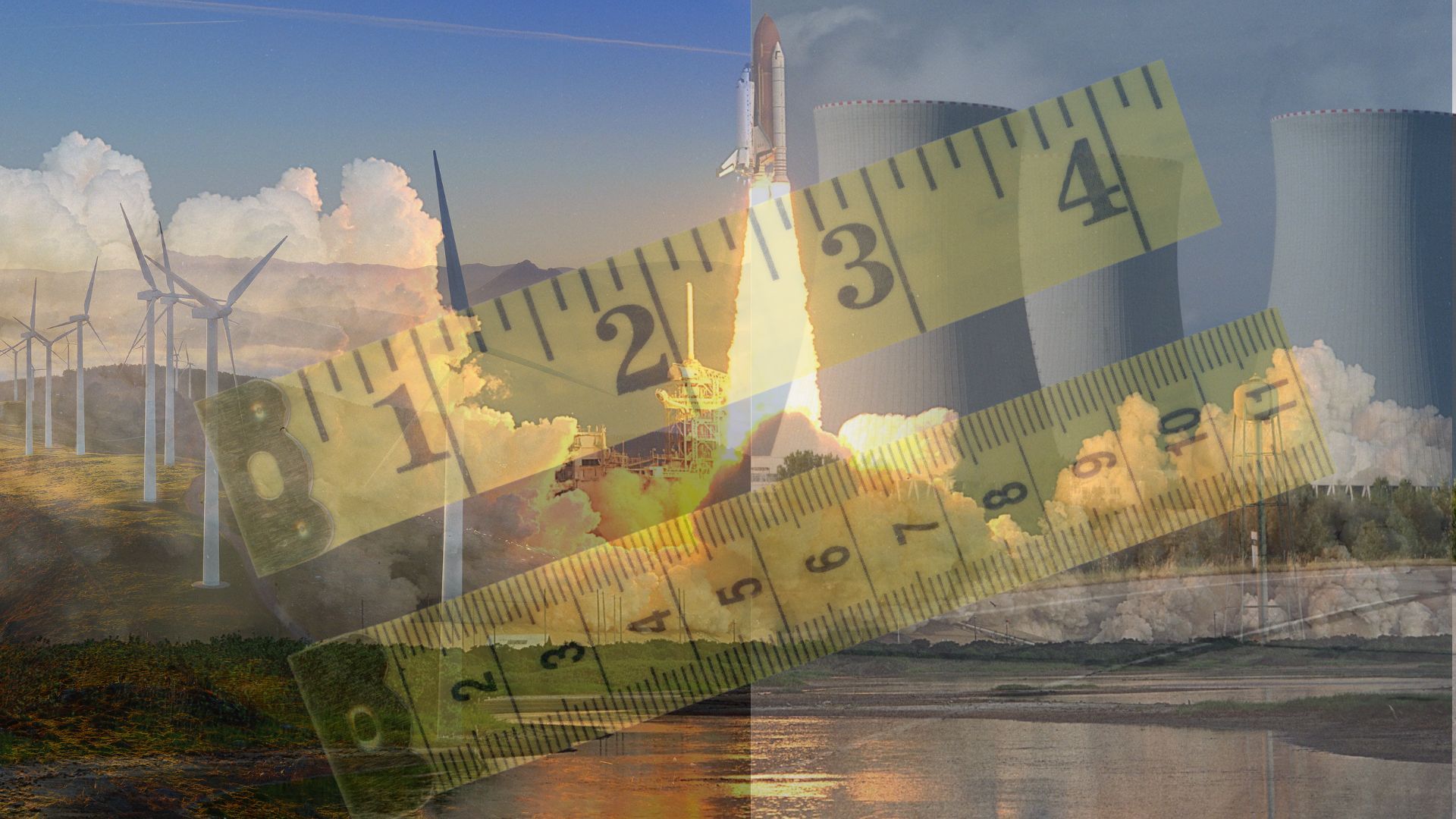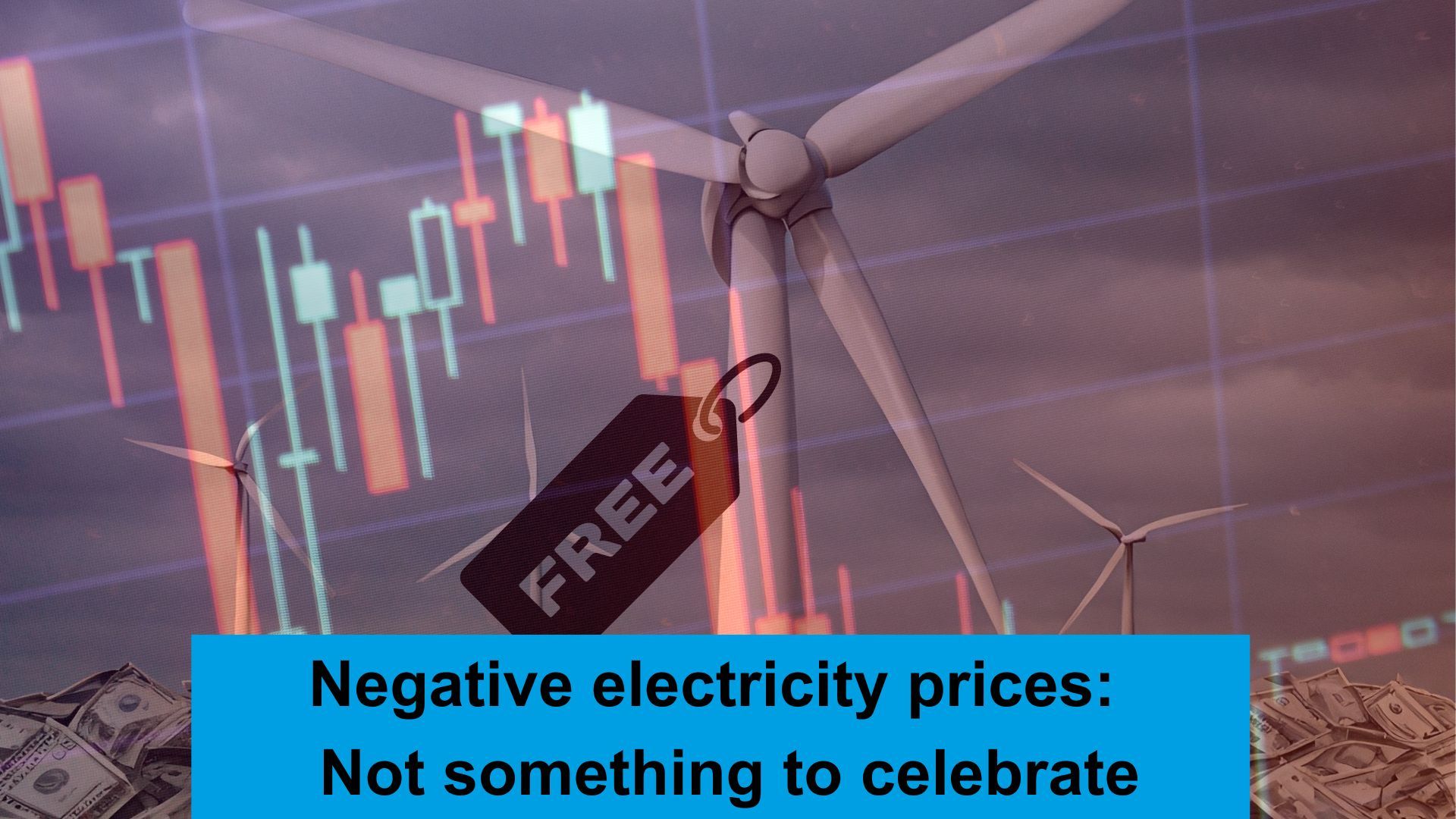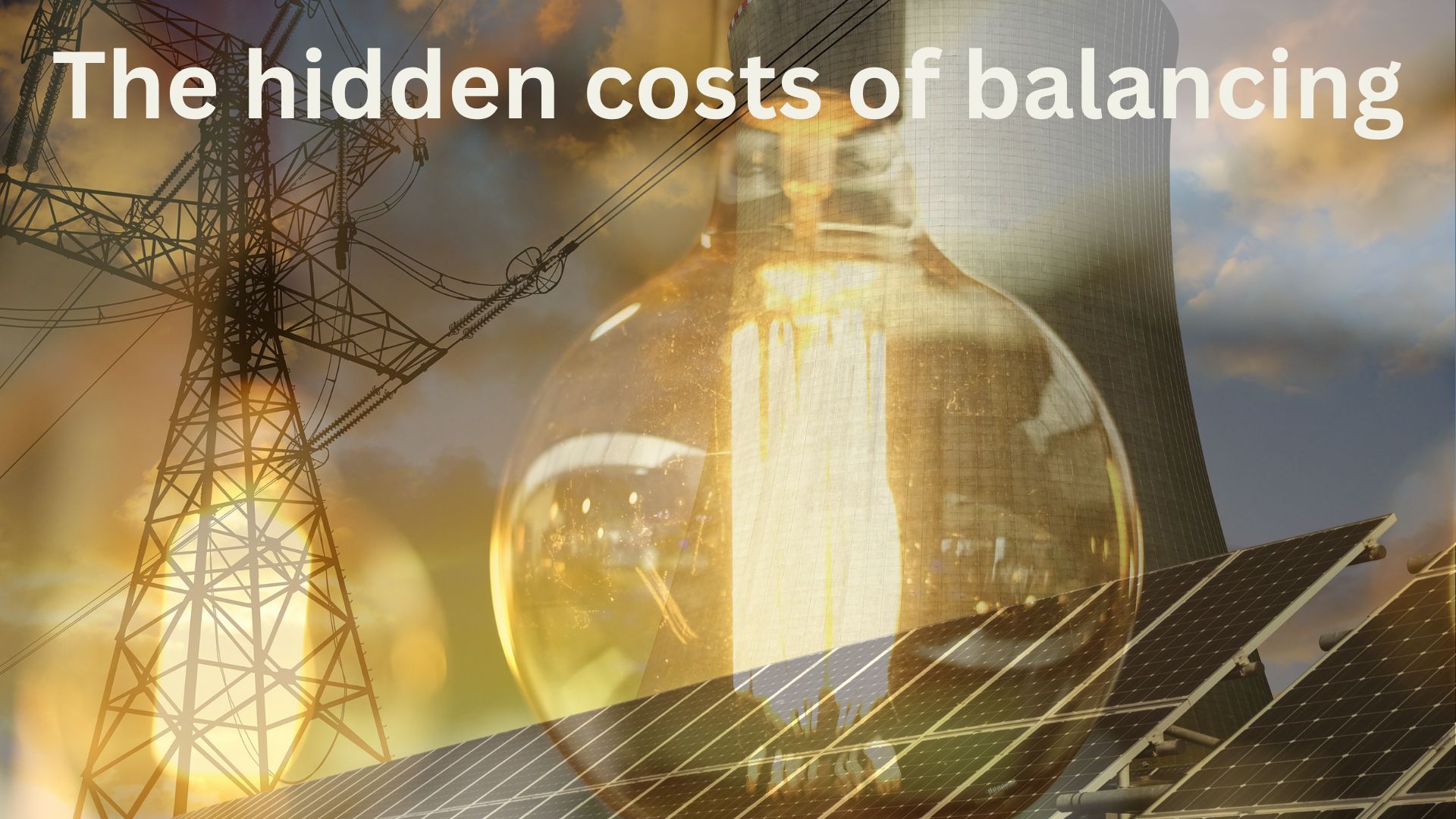What’s the best way of reducing the impact of climate change?
Climate change is unquestionably the biggest and most urgent global issue we all face today, and the energy industry has a key part to play in helping reduce the emissions of greenhouse gases. Over the last 15 years the amount of renewable generation has increase from almost zero to 33% of power generation in 2018 according to the Digest of UK Energy Statistics, a great leap forward. So what next?
For anybody reading the energy press at the moment, the switch of major suppliers towards 100% renewable electricity, and larger consumers / generators offering Corporate PPA’s (direct contractual relationship between generator and end consumer) it would appear that some consumers are doing more than others to further the cause against climate change. But is this really the case? As a customer or generator of whatever size, what is the best way of maximising your part in managing climate change?
Starting with 100% renewable supply.
In effect, any supplier offering a 100% renewable supply is saying that they will have enough of the right kind of certificate ( called a Guarantee of Origin in the market) to satisfy their customer’s demand for a given period of time. This is great to prove the amount of generation that was produced, but it doesn’t increase the amount of renewable generation being produced.
In general, renewable generation relies on long term subsidy contracts that lenders are confident will result in repayment. These schemes are cumpulsory for all suppliers/customers to pay for, so no matter how many certificates your supplier has you are paying the same for renewable energy as everybody else. There is no obligation to buy Guarantee of Origin certificates, and therefore no guarantee of long term value for generators that would underwrite the loan required. As more suppliers are offering 100% renewable there could be a shortfall in the number of certificates in the market compared to demand, pushing the price up – but, if the generator was financed not expecting this premium, its extra return on investment rather than extra MWh of renewable energy that is produced.
Moving on to Corporate PPA, the latest product to catch the zeitgeist. In a corporate PPA an end user gets the output (or is charged as if they take the output) from a known generation asset. This comes with renewable credentials through the certificates so the customer can demonstrate a renewable source; and the generator has a credit worthy off taker in the event of a long term contract.
Although structuring a corporate PPA requires some contractual gymnastics on behalf of the supplier, to make the pricing and contract terms work, it doesn’t in itself do anything to change the amount of generation being produced. As with renewable supply, the generation concerned is normally being subsidised through a route where all customers have an obligation to pay, so a corporate PPA may simply be offering something extra to the generator as a renewable premium.
So, to return to the question in this article, ‘Can Corporate PPA’s and Renewable Tariffs stop Climate Change?’ As is so often the case… it depends. Where they are being offered on generation that is already in receipt of a subsidy of a different sort, arguably they play no further part in combating climate change. There may be a feelgood factor that nudges other things to happen on the back of appearing ‘more’ renewable, but no immediate physical benefit.
For any genuinely subsidy free generation, which doesn’t yet exist, such contracts where customers are actively choosing to support climate change action could make a difference; although whether or not banks will lend against such direct contracts remains to be seen.
So, in the absence of direct contracts, the best thing a customer could do, may be to switch things off, and invest the cost of a renewable tariff in buying more efficient gadgets.. Ultimately the advice our parents gave us may be the best – if you’re not using it switch it off, and if its cold wear a jumper!
Share this on social media










